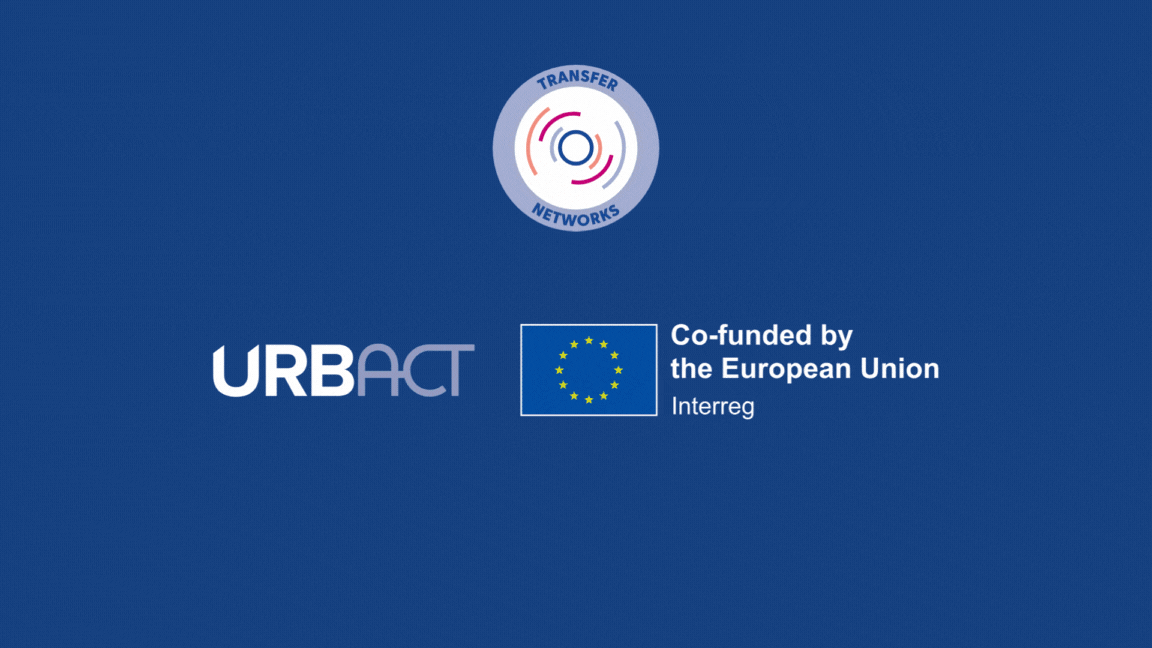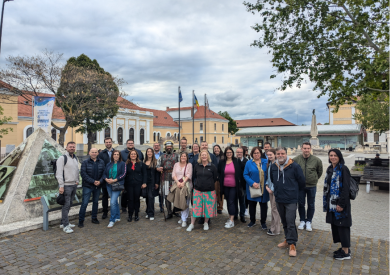03/04/2018 14/06/2021
The Civic eState network worked on new models of urban co-governance based on the commons. Two years of EU cooperation for promoting urban co-governance and experimenting public-community partnerships to enable inhabitants and local communities constitutional rights to self-organize and collectively act for the urban commons. The network outputs aim at guaranteeing the collective enjoyment as well as collective management of urban essential facilities, to secure fair and open access, participatory decision-making, sustainability and preservation for the benefit of future generations.

Summary
Partners
Lead Partner : Naples - Italy- Amsterdam - Netherlands
- Barcelona - Spain
- Gdańsk - Poland
- Ghent - Belgium
- Iași - Romania
- Presov - Slovakia
Final Products
-
Civic eState Path for new institutions(PDF, 624Ko)
Timeline
Kick-off meeting, Naples (IT)
Mid-term meeting, Iași (RO)
Transnational meeting, Prešov (SK) / Transnational meeting, Amsterdam (NL)
26-28 May 2021, Final Network Event (online)
Learning Logs
Transfer cities had ups and downs when understanding, adapting, re-using and even improving URBACT Good Practices. STAY TUNED TO CHECK ALL LEARNING LOGS, documents sharing the knowledge and lessons learnt al local level that will be AVAILABLE SOON.















